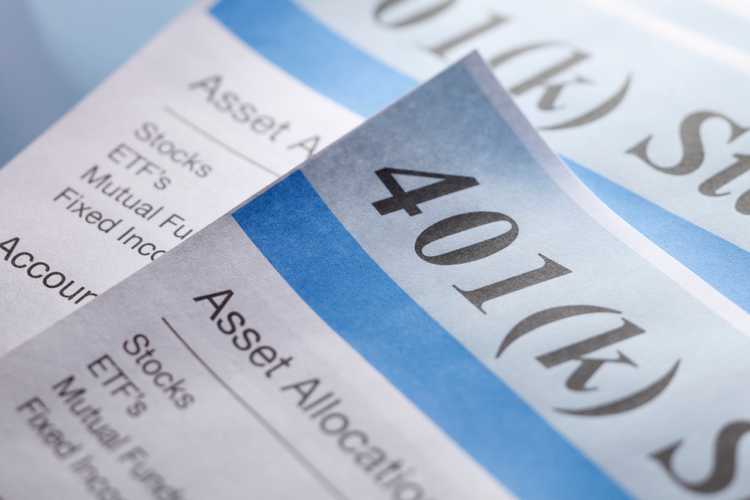Personal Finance
Advertiser Disclosure

8 Alternative Investments to Diversify Your Portfolio in 2024
Alternative investments offer another investing option beyond traditional investments, such as stocks and bonds. Alternatives can help investors diversify their portfolios.

Alpha vs. Beta in Investing: What’s the Difference?
Alpha measures an investment's return relative to a benchmark, while beta measures risk. Find out how these two metrics can help you pick investments that match your risk/return profile.

Best Savings Bonds to Buy in February 2025
Savings bonds are a low-risk way to earn interest on your money. The U.S. Treasury currently issues two types—Series I savings bonds and Series EE savings bonds.

Can You (and Should You) Use an IRA to Buy a Home?
The issue of whether you can use an IRA, or if you should use your IRA to buy a house is complicated. It's important to understand all sides of this issue before making a decision.

5 Best Self Directed IRAs for February 2025
You can use a self-directed IRA to invest in alternative assets like real estate and private equity. Learn more.

What Is the Secure Act 2.0?
President Biden signed the SECURE Act 2.0 into law in late 2022, bringing dozens of new provisions aimed at making it easier to save money and better prepare for retirement.

Open-End vs. Closed-End Funds: Differences & How To Choose
Open-end and closed-end funds are professionally managed portfolios that can provide diversification, but there are some key differences to consider before investing.

How Stock Prices Are Determined: The Factors that Affect Share Prices of Listed Companies
In large part, supply and demand dictates the per-share price of a stock. If demand for a limited number of shares outpaces the supply, then the stock price normally rises.

5 Tips for Finding the Right Financial Advisor for You
A financial advisor can be a key ally in helping you reach your financial goals. It is critical to find the right advisor for your individual needs.

Best Financial Advisors in 2025
Financial advisors can help get your portfolio set up for success. These are our top picks for a variety of investor types.

Bear Market vs. Bull Market: How Are They Different & What Investors Need to Know
A bull market occurs when securities are on the rise and increasing in value. Learn how to invest during a bull market, compared to a bear market, in this article.

What Are I Bonds? All You Need To Know
Learn how to benefit from high inflation with Series I Bonds, including tax benefits, annual purchase limits, and ways to avoid penalties.

Do You Need a Financial Advisor?
When you’re evaluating your finances, you might need an expert to guide you through the process. Here are eight reasons why you should consider hiring a financial advisor.

Should You Reinvest Dividends? A Practical Guide
Cash dividends provide immediate income, while dividend reinvestment lets you take advantage of the power of compounding. Learn the pros and cons of dividend reinvestment and DRIPs.

UTMA Account vs. UGMA Account vs. 529 Plan: Key Differences
UTMA accounts, UGMA accounts, and 529 plans are all designed to save for a child’s educational expenses—though the first two are custodial accounts that can be used for more than education. The best option depends on what you are trying to accomplish.

What Is an UGMA Account and How Does It Work?
An UGMA account is a custodial account that is established for a minor beneficiary and funded by parents or others. All money in the account must be used for the benefit of the minor beneficiary.

UTMA vs. UGMA: Which Investing Account for Minors to Choose?
UTMA and UGMA accounts are custodial accounts that are used to save for the benefit of a minor beneficiary. The acronyms hail from the state laws that put these accounts in place - Uniform Transfer to Minors Act and Uniform Gifts to Minors Act. Learn how to use them.

Custodial Roth IRA: What Is It And Where To Open One
What is a custodial Roth IRA and how does it work? Here’s everything you need to know about this retirement investment tool for children.

What Is A Bull Market? Definition, Characteristics and Tips on How to Invest.
A bull market occurs when securities are on the rise and increasing in value. Learn how to invest during a bull market in this article.

Pension vs. 401(k): Key Differences
They both provide retirement income—but you fund your 401(k)—maybe with an employer match—and your employer funds your pension. Here's how they work.
1.3936.0+2.11.42
